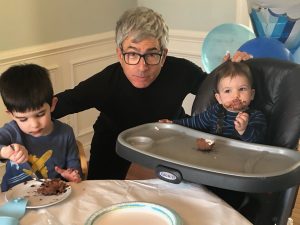 I am extremely proud of my recent achievement of attaining NABC Master in a relatively short time! My first black points were earned on December 31, 2019, three weeks after my initial visit to the South Jersey Bridge Club. Little did anyone anticipate how all of our lives would drastically change over the ensuing months!
I am extremely proud of my recent achievement of attaining NABC Master in a relatively short time! My first black points were earned on December 31, 2019, three weeks after my initial visit to the South Jersey Bridge Club. Little did anyone anticipate how all of our lives would drastically change over the ensuing months!
There are many people to thank in reaching this milestone. First my teachers: Lou Minter (showed me how to play bridge for the first time during a cruise in November 2019), Martin de Bruin, Dave Le Grow, Joann Glasson and Becky Levinson. Also, many people over the last two years have partnered with me and tolerated my mistakes and poor judgment: Pam, Becky, Christina, Wendy, Susan, Ann, but most importantly, John O’Rourke. Thank you all for your patience and friendship!
Finally, and of paramount significance, I would love to thank my loving wife of 40 years, Carol, who has been putting up with me, throughout these last two years, with my new addiction. Carol, thank you for your love and support!
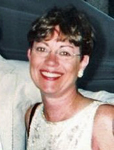

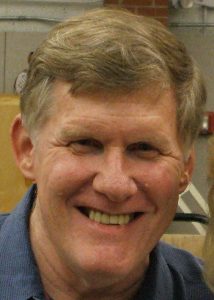 I have aspired to LM status since high school, but I had accumulated only about 6 points through 2017. Then I began to play regularly at Dave LeGrow’s Valley Forge Bridge Club, and found good friends and partners there including Hinda Haskell and Rich Meyers. More recently on BBO I have been able to continue my partnerships with Jon Kane and Sandy Soss and play regularly with Paul Turner, along with many other great partners! That last oh-so-elusive gold point came in an online event last March.
I have aspired to LM status since high school, but I had accumulated only about 6 points through 2017. Then I began to play regularly at Dave LeGrow’s Valley Forge Bridge Club, and found good friends and partners there including Hinda Haskell and Rich Meyers. More recently on BBO I have been able to continue my partnerships with Jon Kane and Sandy Soss and play regularly with Paul Turner, along with many other great partners! That last oh-so-elusive gold point came in an online event last March.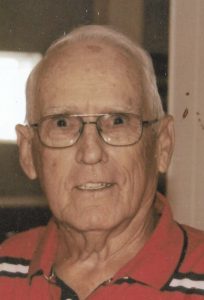
 My first taste of bridge was in junior high school in the bridge club. But I’m afraid I don’t remember anything other than the reason I signed up. The advisor looked like a dark-haired Illia Kuryakin.
My first taste of bridge was in junior high school in the bridge club. But I’m afraid I don’t remember anything other than the reason I signed up. The advisor looked like a dark-haired Illia Kuryakin.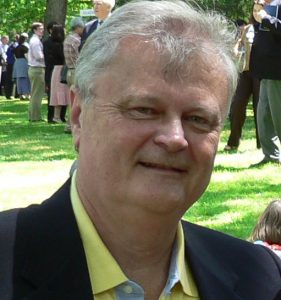 I learned the game ages ago but never played. My bridge activity was limited to the game in the daily newspaper. I actually thought nobody played bridge in the Rochester area. Then, chatting with Jerry Manioci (a Sapphire Life Master) I realized bridge was being played in the area.
I learned the game ages ago but never played. My bridge activity was limited to the game in the daily newspaper. I actually thought nobody played bridge in the Rochester area. Then, chatting with Jerry Manioci (a Sapphire Life Master) I realized bridge was being played in the area.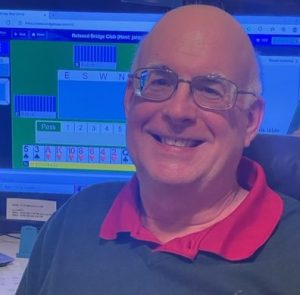 2021 was a very successful bridge year for me. For which, I want to thank my bridge partners who have helped me to achieve two rank changes this year: David, Christina, Pam, Mary, Becky, Karen, Susan, John and my wife, Mary Jo.
2021 was a very successful bridge year for me. For which, I want to thank my bridge partners who have helped me to achieve two rank changes this year: David, Christina, Pam, Mary, Becky, Karen, Susan, John and my wife, Mary Jo.